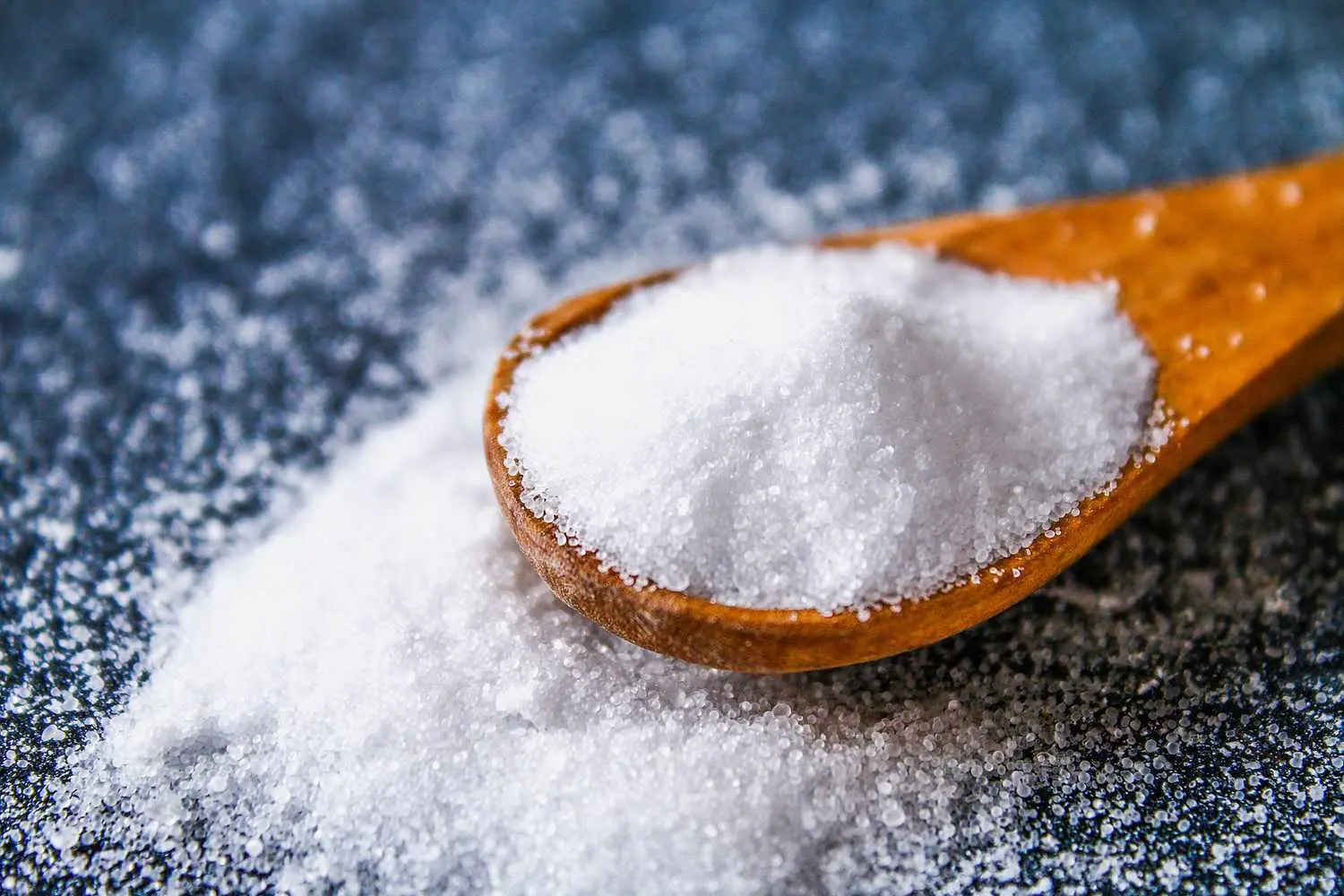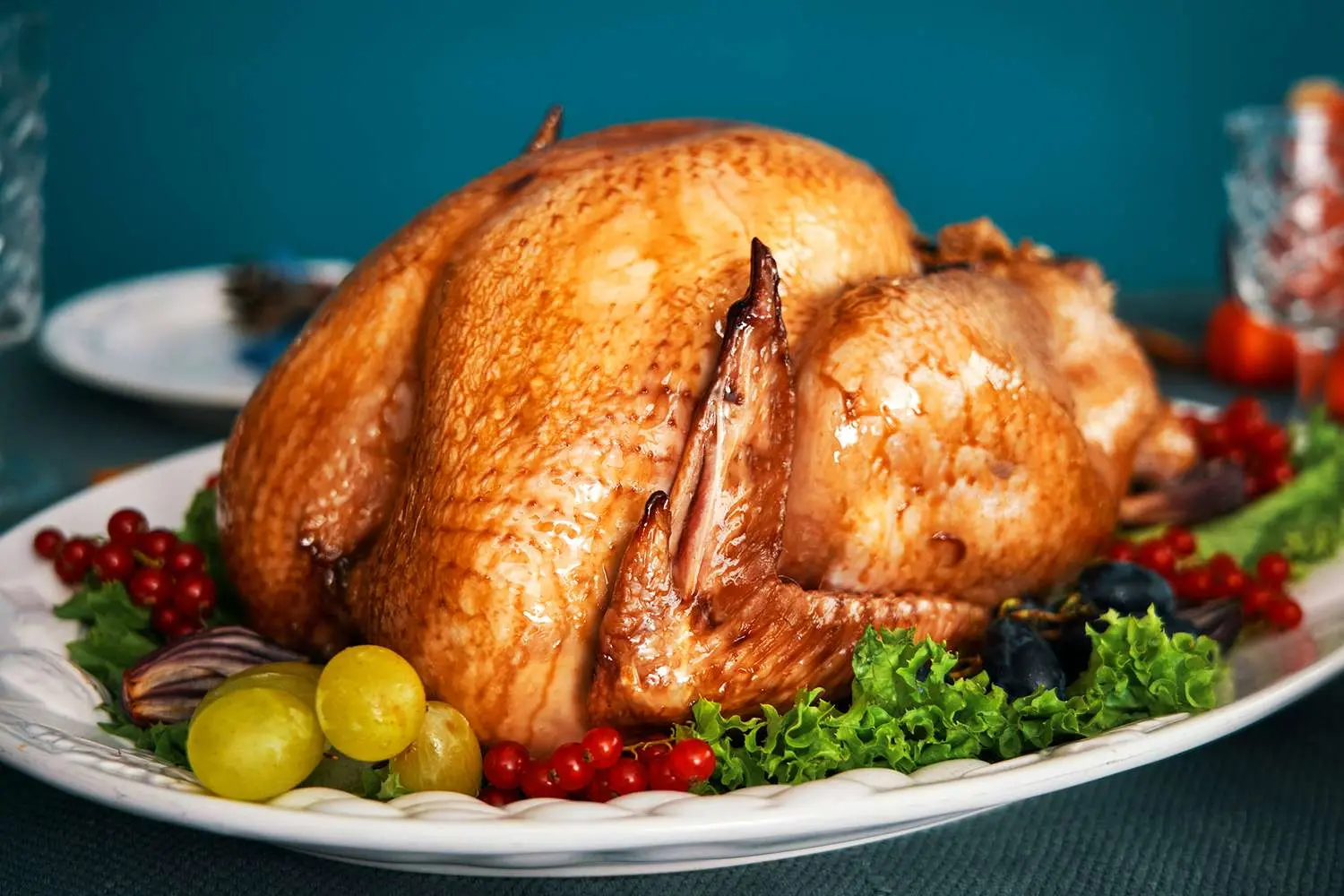If you're a fan of smoked salmon but find it to be too salty for your taste, there are methods you can use to reduce the saltiness and still enjoy this delicious fish. Whether you prefer an overnight soak or a quicker one-hour method, the goal is to remove excess salt while retaining some flavor. In this article, we will explore both methods and provide variations for different types of fish. Additionally, we will discuss what to do with over-salted salmon and how to fix fish that is too salty.
Methods to Remove Excess Salt from Smoked Salmon
Overnight Soak Method:
Place the smoked salmon into a large bowl and pour boiling water over it, ensuring that the fish is fully covered.
Cover the bowl and let the salmon soak overnight.
The next morning, drain off the salty water and remove the bones and skin (if using bone-in salmon).
Taste a piece of salmon from the meatiest part, avoiding the top piece that was directly exposed to hot water. If the fish is still very salty, add it to a pot and pour in hot water to cover it.
Set the pot on high heat and bring it to a boil. Let the salmon boil for 20 minutes, then drain.
Once the salmon is cool enough to handle, it is ready to be used in any recipe calling for that type of fish.

One Hour Method:
Add the smoked salmon to a pot of hot water, ensuring that the fish is fully covered.
Place the pot on high heat and bring it to a boil. Let the salmon boil for 25 minutes, then drain.
Add a fresh batch of hot water to the pot and cut up a whole lime or lemon into wedges. Add the wedges to the pot and bring it to a boil again.
Let the salmon boil for 20 minutes, then drain.
Once the salmon is cool enough to handle, remove the bones and skin (if using bone-in salmon).
The fish is now ready to be used in any recipe that calls for that type of fish.
Variations on These Methods:

There are variations of these methods that do not involve boiling water. One method calls for soaking the smoked salmon in cold water and placing it in the refrigerator. The length of time needed for soaking depends on the type and thickness of the fish, as well as its overall salinity. Some recipes suggest a cool soak for one day, while others recommend a refrigerated soak for three days. It's important to taste the salmon after the initial stage of soaking or boiling to determine whether additional desalting is necessary.
What to Do with Over-Salted Salmon
If you have accidentally over-salted your salmon, there are ways to salvage it and still enjoy a flavorful dish. Here are some tips from chefs:
Meat: If you've over-salted a steak or chicken, rinse the meat using hot water and quickly re-grill or sear it. Let it rest before serving. Alternatively, slice the meat and use it in a salad, adding mild cheese to balance the saltiness.
Vegetables: If you've over-salted sautéed vegetables, puree them and use the puree in pastas, raviolis, or as a base for a dip.
Soups: Add a raw potato to absorb some of the salt in the broth, or puree cooked beans and use them to thicken the soup.
Pasta: If you've over-salted your pasta water, rinse the cooked pasta under cold water to remove excess salt. If the pasta is already in a sauce, add sweet ingredients like tomatoes, basil, or sautéed vegetables to balance the saltiness.
Seafood: If you've over-salted fish, poach it in an unseasoned broth or repurpose it into fish cakes with mayo, breadcrumbs, and potatoes to absorb or reduce the saltiness.
How to Fix Fish That Is Too Salty
If you've accidentally made a dish too salty, there are several methods you can use to bring back the balance:
Add an Acidic Ingredient: Lemon juice, vinegar, or tomato products can neutralize the saltiness of a dish. Start with a small amount and taste before adding more.
Add a Sweetener: Brown sugar, maple syrup, or granulated sugar can counteract the saltiness and add a touch of sweetness to the dish.
Add Dairy: Creamy dairy products like heavy cream, half-and-half, or butter can coat the mouth and trick the palate. Sour cream or cream cheese can be added at the end of cooking to prevent breaking.
Dilute or Bulk Up Your Dish: Adding salt-free liquid or increasing the amount of vegetables, pasta, or meat in the dish can reduce the sodium per portion.
The Potato Trick: Tossing a raw, peeled, and diced potato into a simmering soup or stew can absorb some of the salt, but its effect on the final salt level is subtle.
How to Prevent Adding Too Much Salt
To avoid over-salting your dish, follow these guidelines:
Season in Layers: Add salt in stages to enhance each layer of flavor.
Be Aware of Hidden Sodium: Choose lower-sodium products when shopping, as broth, beans, and tomato products can contain high levels of salt.
Taste as You Go: Regularly taste your food while cooking to adjust the seasoning accordingly.
Pick a Salt and Stick With It: Use the same type of salt consistently to know how much will affect your food. Kosher salt is a popular choice among chefs due to its coarser flakes and quick dissolution.
By following these methods and tips, you can successfully reduce the saltiness of smoked salmon or any other dish and still enjoy a delicious meal.
If you want to know other articles similar to How to reduce saltiness in smoked salmon you can visit the Food category.


Related Articles